Biden's foreign policy
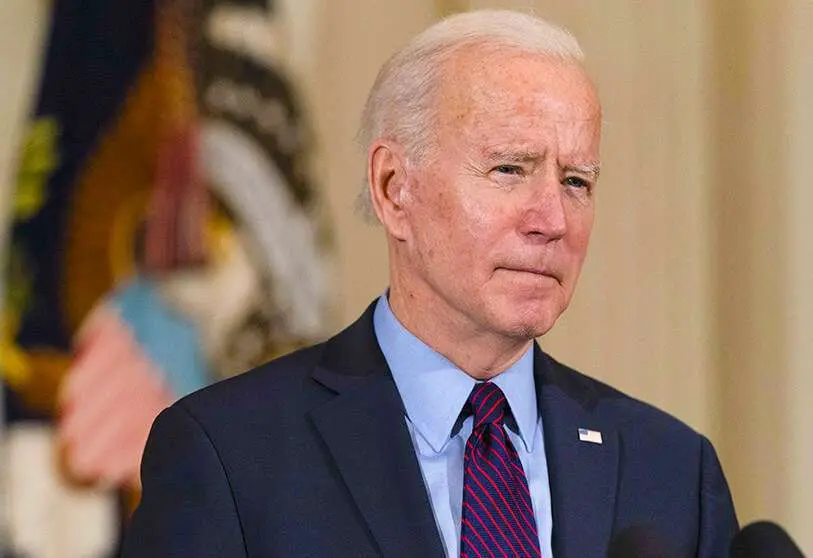
A month into his inauguration, it is possible to discern the broad outlines of what Biden wants his foreign policy to be.
In the first place, he wants to use foreign policy to consolidate the domestic front and so, concerned about the high price that the economic crisis triggered by the pandemic is taking on the economy and employment, he has announced that his foreign policy will seek to favour the hardest hit middle classes. For him, "economic security is national security" and this is an important statement because it is accompanied by the slogan "Buy American", which reveals a rather protectionist approach. Biden will not accept rules or practices in international trade that he understands to be detrimental to US interests, and in this he aligns himself with Democrats and Republicans whose ranks now include few free trade enthusiasts.
Second, there are the global problems of pandemics and climate change. Biden is seeking to regain leadership in the fight against the HIV/AIDS pandemic that has already killed 450,000 of his countrymen, because he is well aware that the global propaganda battle is being won by China, which is giving away vaccines to Third World countries while Western countries make a sorry spectacle of fighting among themselves to hoard them. In order not to give China's propaganda another trump card, the US has taken back the World Health Organisation on day one of its presidency. And because he is also particularly concerned about air pollution, which he himself has described as "an existential threat", he has made the US's return to the Paris Climate Change treaty a priority. Biden also wants to convene a Climate Summit this year.
Third, Biden will seek to regain the global leadership that Trump has let slip away. Leading "not by the example of force, but by the force of example". That is why he will prioritise diplomacy as "the first tool of our foreign policy", which does not imply that he will renounce the use of force if necessary. But unlike Trump, he will seek out allies, and this will support a return to the multilateralism that had fallen out of favour over the past four years. Biden will strengthen alliances and international organisations because he rightly understands that they contribute to collective security, and that is why he also wants to convene a summit on democracy, judging, rightly, that it is in decline in the face of the assault of authoritarian regimes that are increasingly numerous and self-confident. This sober willingness to work with others to address global problems indicates a realism that separates his foreign policy from Donald Trump's "Lone Ranger" style with its "America First" slogan, but also moves it away from the idealism that pervaded Barack Obama's. Joe Biden's America is today more aware of its limitations.
On bilateral relations, China will be the priority, but things are unlikely to change much because Biden will be tough on human rights (he does not disagree with one of Trump's latest decisions to call the Xinjiang Muslims a "genocide") and also on China's "irregular" trade practices. He will not immediately touch the tariffs imposed by Trump and is also likely to maintain his policy of containment, because there is a broad bipartisan consensus in Washington on the threat China poses to US security. But unlike Trump he will not confront China alone, but will seek the complicity and backing of other countries, and in fact is currently considering a meeting with the leaders of India, Australia and Japan to discuss the threats looming over the South China Sea. And while relations with China are unlikely to improve in the short term, Biden will seek their cooperation on issues such as health, climate and nuclear proliferation where possible. Overall, Biden will seek to bring Sino-US relations closer to "extreme competition" than to the open conflict that no one wants.
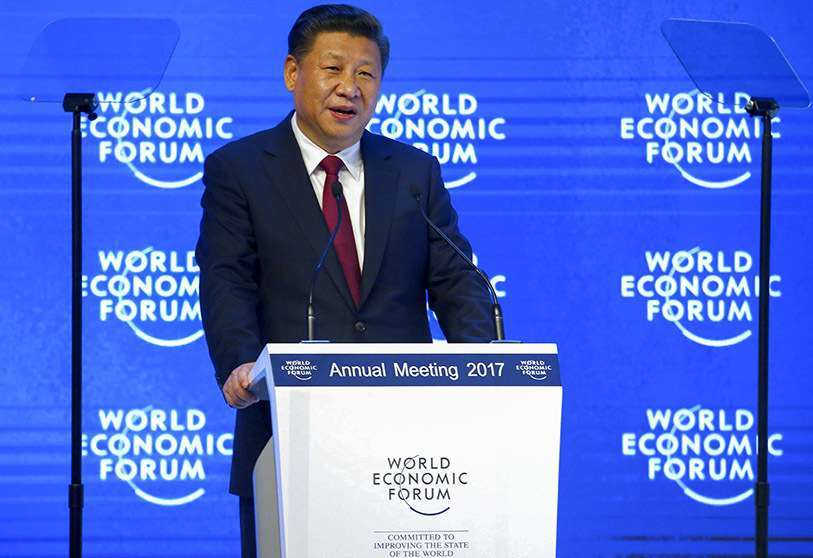
Nor will the relationship with Russia, which has recently embarked on cyber-aggression operations against the US, as the recent hacking of SolarWinds shows, improve in the short term. There will certainly be no "reset" as Obama did. Not to mention that the annexation of Crimea is still not accepted by anyone and the lack of respect for human rights shown by the recent poisoning and subsequent arrest of Navalny and many of his supporters does not make things any easier either. There is one issue, however, on which Washington and Moscow agree, and that is to extend for five years the NEW START Treaty on long-range missiles that expires on 5 February, as Biden and Putin agreed in their first - and apparently not very cordial - telephone conversation. This extension should allow time to renegotiate the treaty and try to bring China on board, which will not be easy in view of the huge gap between its nuclear arsenal and that of the two signatories (1,550 warheads each compared to "only" 300).
The European Union will not be his priority, but with Biden things will improve, the forms will be very different, and that is why European leaders have given him a warm welcome. He certainly won't torpedo us by encouraging illiberal leaders like Orban or splits like Brexit, both of which Trump did, and he may even improve the current trade disputes over steel, olives or Airbus. But without exaggeration because Biden will not support the Nordstream II pipeline that will bring Russian gas to Germany, nor will he try to revive the Transatlantic Trade and Investment Partnership because he is not a supporter of this type of agreement, and this also applies to the Trans-Pacific Partnership that Donald Trump abandoned in one of his biggest strategic mistakes. On NATO, Biden has said that "the US commitment is sacred" although he will continue to ask us for a greater economic contribution to sustain it, in the same line as all his immediate predecessors. As a new development, he favours NATO membership for Ukraine, Georgia and other Balkan countries, which will greatly annoy Moscow and increase its sense of encirclement by hostile powers. Finally, Biden will seek European cooperation in order to prevent Turkey's current slide towards Turkey's current slide towards increasingly nationalist positions and flirtation with Moscow.
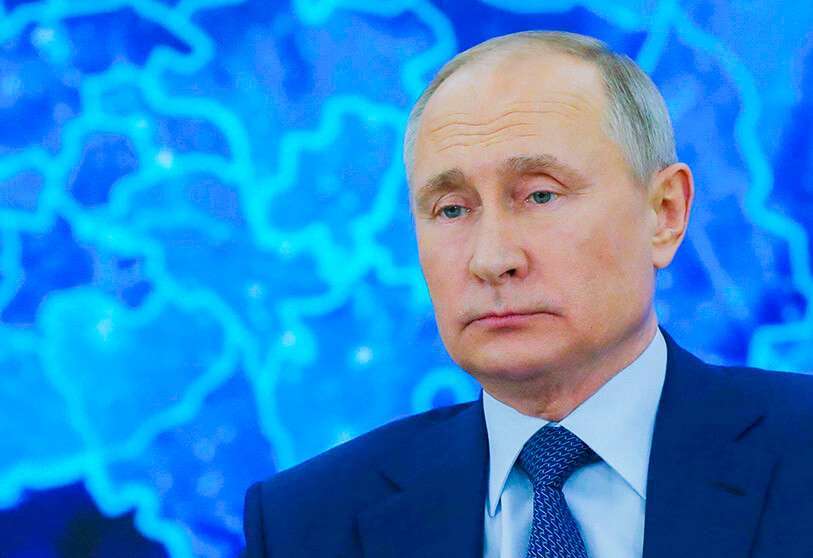
Iran will demand his immediate attention. Following the US unilateral abandonment of the Joint Comprehensive Plan of Action (JCPOA) signed by the international community with the Islamic Republic in order to curb its nuclear ambitions, Tehran has resumed uranium enrichment well beyond the permitted limits and is dangerously close to being able to acquire a nuclear weapon, something that would encourage Israeli military intervention and in any case unleash a dangerous arms race in the region. Khamenei, economically stifled, is willing to talk to the US if sanctions are lifted beforehand, and Biden has already said he is also willing to return to the deal and lift sanctions - but only after Iran fulfils its commitments to the deal. But it will not be easy because the US also wants to deal with other issues such as Iran's missiles or its unbalancing activities in the region that Iran does not agree to link to the nuclear deal, and because Tehran will find it difficult to show flexibility in the run-up to the presidential elections in June. It is time for diplomacy because it will take imaginative solutions to move forward as both wish.
North Korea will be even more complicated because Kim Jong-un has greeted the new US president with new missiles and a submarine capable of launching them. It is an issue that will not be solved unless Washington manages the feat of getting China and Russia on its side - after all, both must be concerned about such a peculiar and unpredictable regime equipping itself with a nuclear arsenal on its own borders. It will not be easy, but it is the way forward, for Kim has for the past four years played Donald Trump for a fool under the wry gaze of Xi Jinping.
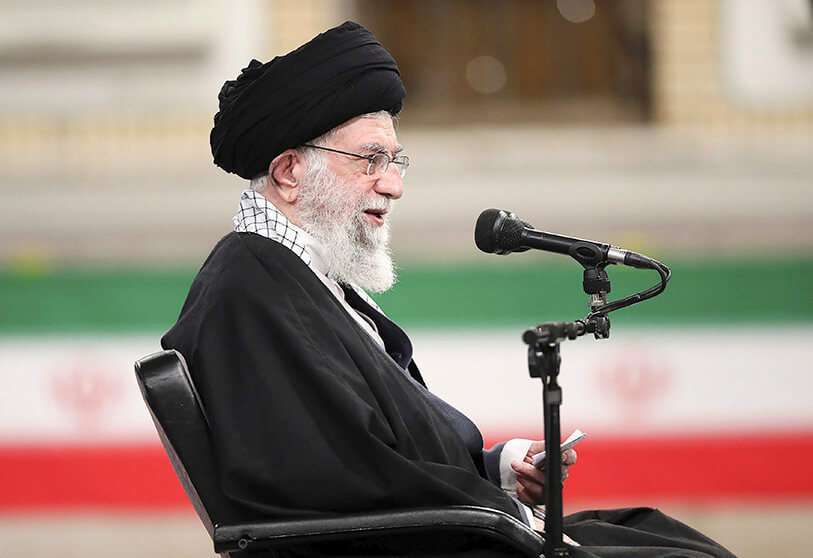
In the Middle East, Trump has scored major successes by winning recognition of Israel from countries such as the United Arab Emirates, Bahrain, Sudan and Morocco... in return for significant quid pro quos. Biden will seek a more balanced approach, he does not agree with the agree with Trump's orchestrated move of the US embassy to Jerusalem, but will not return it to Tel Aviv; he will be less accommodating of Israel's settlement policy in the occupied territories; he will resume economic aid to the Palestinians (cut by Trump); and he will again defend the two-state solution. But it will also maintain America's ironclad commitment to Israel's security. Saudi Arabia is very important to Washington both for its oil and for its strategic value vis-à-vis Iran, but with Biden the blank cheques and massive arms sales for its war in Yemen are over. One of his first decisions has been to reverse his predecessor's decision to remove the Houthis from the list of foreign terrorist groups, which was aggravating the country's dramatic humanitarian situation. There will also be more pressure on Saudi Arabia on human rights issues. No more Khashoggis. In Afghanistan and Iraq, Biden will maintain Donald Trump's policy of reducing the presence of soldiers (the fight against terrorism will be fought with drones and commandos), and will continue talks with the Taliban in Doha while awaiting a greater European commitment to resolving the Libyan crisis or to security in the Sahel. And for a start he has sent a message to the Muslim world by reversing Trump's ban on citizens of a number of countries from entering the United States.
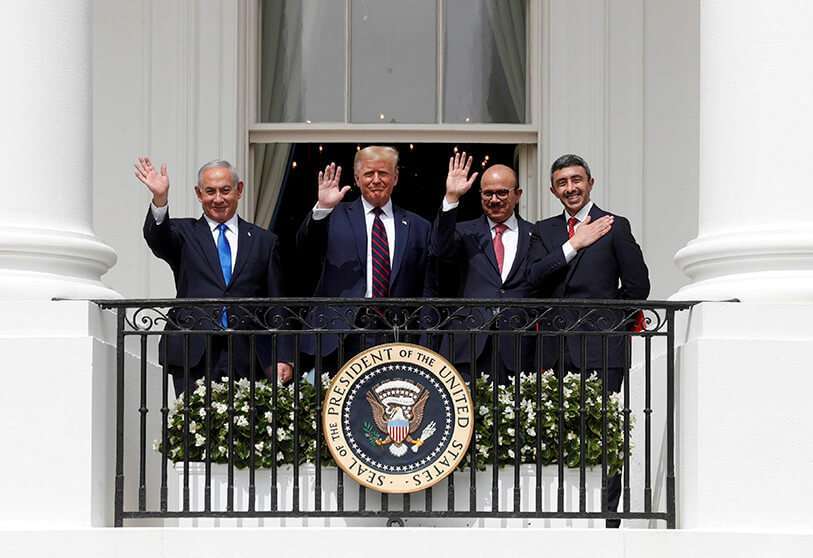
And finally Latin America. Except for neighbouring Mexico (work on Trump's wall has already been halted), it will not be a priority for Biden as it has not been for any US president except in times of crisis, even though Biden has shown more sensitivity to it than others, visiting no less than sixteen times during his eight years as vice-president. The region is worse off now than it was then as a result of the economic crisis and the virus that has decimated the emerging middle class, which bodes well for a period of turbulence and insecurity when current government aid runs out. Biden may want to present an initiative aimed at Latin America at the next Summit of the Americas, but it is difficult to find interlocutors capable of accommodating it. There are three problems, however, that will require his immediate attention: the humanitarian situation in Venezuela (where he backs Guaidó); the caravans of migrants trying to reach the United States from Honduras, El Salvador and Guatemala in the hope of receiving better treatment than under the previous administration; and Cuba, which Washington has failed to deal with for decades and which Trump, in one of his latest decisions, has arbitrarily put back on the list of countries that support terrorism where he keeps company with Iran, North Korea and, still, Sudan. Biden is likely to try to cautiously resume the policy of openness towards the island initiated by Obama, which ideally should be linked to progress on the road to democracy that is long overdue in Havana. As for the rest of the continent... there are no foreseeable developments in the short term.
Jorge Dezcallar Ambassador of Spain

